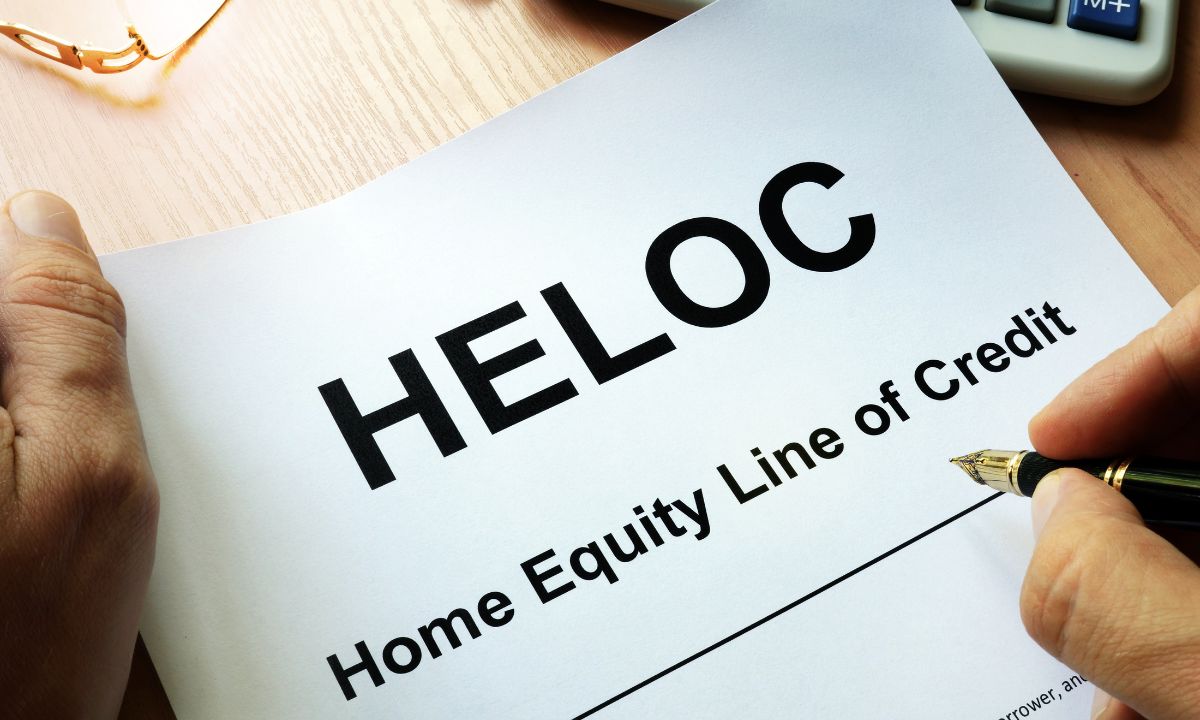 When it comes to selling a home, it is a common belief that once the offer is accepted, there is nothing else to be negotiated. However, issues and obstacles that can arise during the home inspection can be a cause for discussion with the seller. Whether you’re currently searching for houses or your offer has already been accepted and you’re preparing for the next step, here are some tips in the event that the home inspection isn’t up to par.
When it comes to selling a home, it is a common belief that once the offer is accepted, there is nothing else to be negotiated. However, issues and obstacles that can arise during the home inspection can be a cause for discussion with the seller. Whether you’re currently searching for houses or your offer has already been accepted and you’re preparing for the next step, here are some tips in the event that the home inspection isn’t up to par.
Be Cautious About What You Say
Without a doubt, anything that you discuss with the real estate agent regarding the property you’re looking at is going to be addressed with the seller. Instead of telling the agent everything is fine and dandy, maintain a poker face with any deficiencies in the home so you can assess them after the inspection. While a seller may think they have you on the line if all seems fine during the inspection, maintaining your peace and negotiating after the fact may end up providing a better post-inspection deal for you.
Decide What Deficiencies Are Most Important
Before negotiating any repairs or defects with the seller and how this can benefit you, ensure you prioritize what deficiencies must be fixed and what you can live without. There may be leaks and small dings in cupboards that may not be much of an issue, whereas damage in a hardwood floor that you don’t want to renovate may serve as a deal breaker. Deciding what is most important will ensure that the seller knows you’re really interested, and it will likely convince them that the fixes will make for a successful sale.
Request A Credit For Repairs
If a seller knows you’re interested in a home, you may be able to get a little bit of leeway in terms of what you can negotiate following the inspection. Instead of expecting them to deal with the hurdles of home repair, ask the seller to consider a credit so that you can ensure the repairs are completed on your own. This will not only enable you to have the repairs completed the way you would like them done, but it may also make the moving process a smoother transition for all of you.
Certain deficiencies can show up during the home inspection, so it’s important to consider how re-negotiation can benefit both the buyer and the seller. If you’re curious about home inspections and other aspects of purchasing a home, you may want to contact your local real estate agent for more information.
 Home equity loans and Home Equity Lines of Credit (HELOCs) are two avenues through which homeowners can tap into this valuable asset. Understanding the differences between them is crucial for making informed financial decisions. We will review the intricacies of these financial products, exploring how they work and helping you determine which might be the better fit for your needs.
Home equity loans and Home Equity Lines of Credit (HELOCs) are two avenues through which homeowners can tap into this valuable asset. Understanding the differences between them is crucial for making informed financial decisions. We will review the intricacies of these financial products, exploring how they work and helping you determine which might be the better fit for your needs. So, you’ve found your dream home, made an offer, and had the home inspection done. But wait—what happens next? For many homebuyers, negotiating repairs after a home inspection can be a daunting task. However, with the right approach and some negotiation skills, you can ensure that your new home is in tip-top shape without breaking the bank.
So, you’ve found your dream home, made an offer, and had the home inspection done. But wait—what happens next? For many homebuyers, negotiating repairs after a home inspection can be a daunting task. However, with the right approach and some negotiation skills, you can ensure that your new home is in tip-top shape without breaking the bank. When considering the journey of purchasing a new home, one of the fundamental decisions you’ll encounter revolves around determining the appropriate amount of money to allocate for your down payment. It’s a decision-making process that involves weighing the benefits of opting for a larger down payment against the potential advantages of utilizing some of those funds to purchase “discount points,” thereby reducing your interest rate. Each option carries its own set of merits and demerits, and the optimal choice for you hinges on a careful examination of your unique financial circumstances and objectives.
When considering the journey of purchasing a new home, one of the fundamental decisions you’ll encounter revolves around determining the appropriate amount of money to allocate for your down payment. It’s a decision-making process that involves weighing the benefits of opting for a larger down payment against the potential advantages of utilizing some of those funds to purchase “discount points,” thereby reducing your interest rate. Each option carries its own set of merits and demerits, and the optimal choice for you hinges on a careful examination of your unique financial circumstances and objectives.
 Are you in the process of purchasing a home or considering refinancing your mortgage? If so, you’ve likely encountered the term “escrow account” during your discussions. Mortgage escrow accounts are a crucial component of many home loans, yet they can be a bit mysterious to those unfamiliar with the ins and outs of the mortgage process. Let’s embark on a journey to explore what escrow accounts are, how they work, and what you need to know as a homeowner.
Are you in the process of purchasing a home or considering refinancing your mortgage? If so, you’ve likely encountered the term “escrow account” during your discussions. Mortgage escrow accounts are a crucial component of many home loans, yet they can be a bit mysterious to those unfamiliar with the ins and outs of the mortgage process. Let’s embark on a journey to explore what escrow accounts are, how they work, and what you need to know as a homeowner. You’re about to start on an exciting journey toward homeownership. But before you dive headfirst into the world of real estate financing, there’s an important decision you’ll need to make which is choosing the right mortgage term.
You’re about to start on an exciting journey toward homeownership. But before you dive headfirst into the world of real estate financing, there’s an important decision you’ll need to make which is choosing the right mortgage term. What exactly is an interest-only mortgage? Simply put, it’s a type of home loan where you pay only the interest for a certain period, typically the first five to ten years. After this initial period, you begin paying both the principal and interest, resulting in higher monthly payments.
What exactly is an interest-only mortgage? Simply put, it’s a type of home loan where you pay only the interest for a certain period, typically the first five to ten years. After this initial period, you begin paying both the principal and interest, resulting in higher monthly payments. For many seniors, home equity represents a substantial portion of their wealth. However, accessing this equity while maintaining homeownership can be challenging. This is where Home Equity Conversion Mortgage (HECM), commonly known as a reverse mortgage, emerges as a potential solution. We will discuss the HECM program, shedding light on its features, costs, and potential risks, to help seniors make informed decisions about their financial future.
For many seniors, home equity represents a substantial portion of their wealth. However, accessing this equity while maintaining homeownership can be challenging. This is where Home Equity Conversion Mortgage (HECM), commonly known as a reverse mortgage, emerges as a potential solution. We will discuss the HECM program, shedding light on its features, costs, and potential risks, to help seniors make informed decisions about their financial future. As expected from the prior inflation reports with CPI and PPI, the PCE index had also shown the same corollary among its data points, reporting a higher than expected increase for the month of February across all products.
As expected from the prior inflation reports with CPI and PPI, the PCE index had also shown the same corollary among its data points, reporting a higher than expected increase for the month of February across all products.